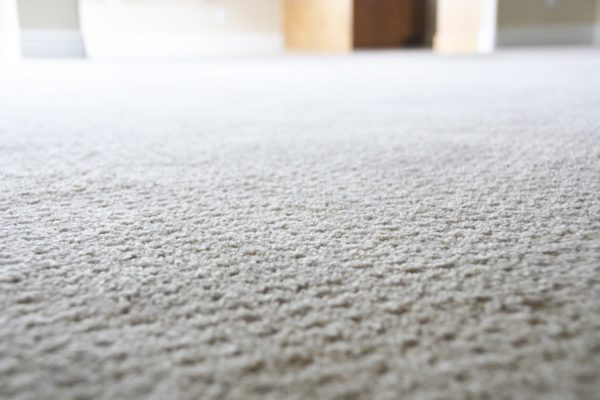Processing the security deposit after your tenants move out can be a tricky process. Knowing what you can and cannot charge them for is essential. This often depends on both the condition of the home prior to them moving in and any applicable laws in your area. So what about the carpets? Can a landlord charge their tenants for replacing the carpet in their Arvada rental property? The answer to this requires a few others to be answered first.
Can I Charge My Tenants for Replacing the Carpet?

The answer to this, like many aspects of property management, is… it depends. You must answer a few other questions before determining whether you can charge your residents for the carpet. Was the issue preexisting? Is it considered normal wear and tear or damage? How old is the carpet? Answering these questions first will better help you assess the situation correctly.
Preexisting Damage
Tenants cannot be charged for damage that existed prior to them taking possession of your Arvada rental. It’s only fair, right? No one wants to be held responsible for something they didn’t do and nor should they. The first step to answering this question starts before tenants move-in. Document the condition of the home prior to your new tenants moving in by performing a move-in inspection. Pay attention to the carpets and document their condition well. Take multiple pictures of each area. The more, the better. This will help you gauge the home’s condition at the time of possession and provide any evidence you may require to hold the residents responsible should damages occur. It also shows you what was there before so there’s no confusion when it comes time to process the deposit.
Normal Wear and Tear Vs Damage
Legally, a landlord or property manager cannot charge a resident for repairs considered normal wear and tear. Doing so can end up costing you big time. So what is the difference? Normal wear and tear is deterioration caused by regular and expected use over time. When it comes to carpets, this means anything such as fading or sun damage, and fraying or unraveling seams. Damage on the other hand is considered as deterioration that occurs as a direct result of negligence or abuse and exceeds what is considered ordinary use. Burns or tears in carpets would be an example of damage. Pet urine stains and odors are other examples of damage. If the repair in question falls under the category of tenant damage, then legally a landlord can hold the tenants responsible to remedy the issue. However, to determine how much of that cost you can charge them for will also depend on the answer to the next question.

Useful Life Expectancy
All parts of a rental property have a useful life expectancy. All items will eventually need replacing. The length of time that the individual fixture or appliance lasts defines its useful life expectancy. In Colorado, carpets in a rental property have a useful life expectancy of 7 years. When determining how much a resident can be charged for replacing damaged carpet, you must consider the age and remaining useful life of the carpet itself. For example, if the carpet in question is 6 years old, then the resident can only be charged 1/7th of the cost to replace it. If the carpet has exceeded its useful life expectancy, you may not be able to hold the tenant responsible for any part of the cost for replacement. Laws vary depending on where your property is located, so be sure to consult with a real estate attorney before trying to deduct for carpets older than 7 years.
The Long and Short of It
The reality is there’s no short answer to the question of whether you can charge your tenants for replacing the carpets in your Arvada rental home. Make sure to document the condition of the carpets thoroughly before your new tenants move-in, throughout the term of the lease with regular visits, and when they move-out.





